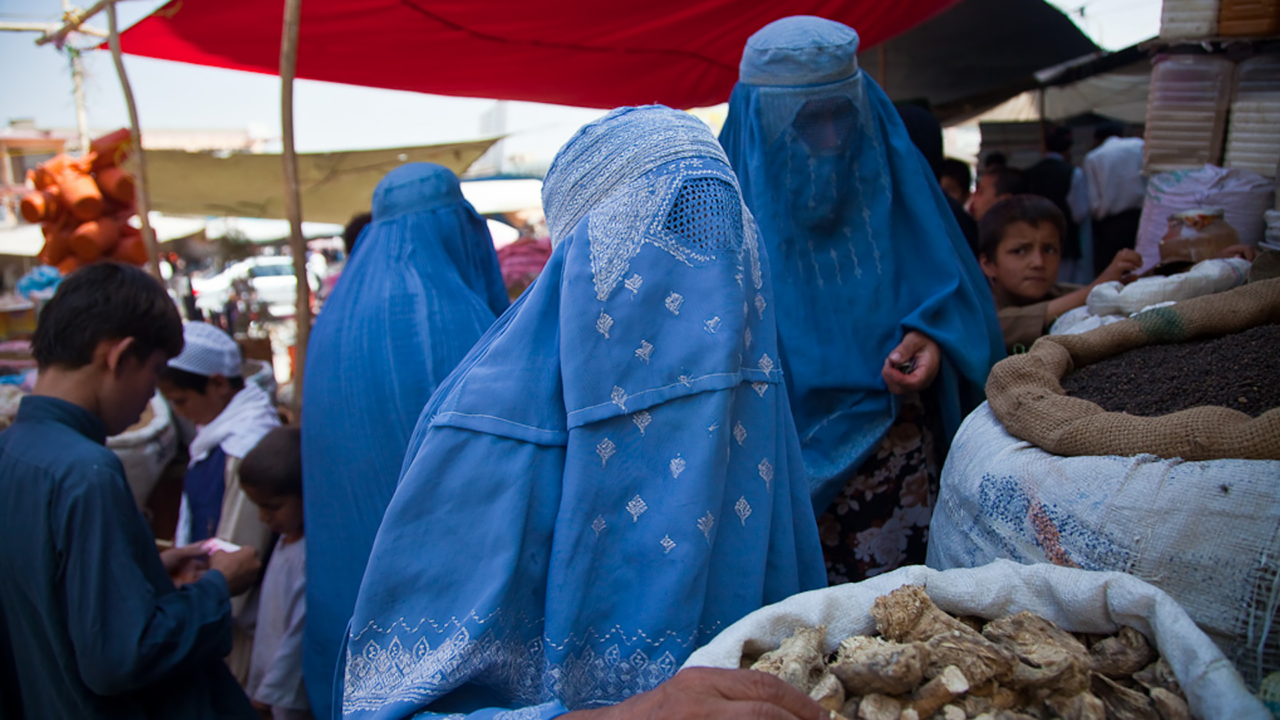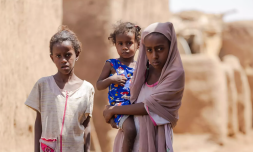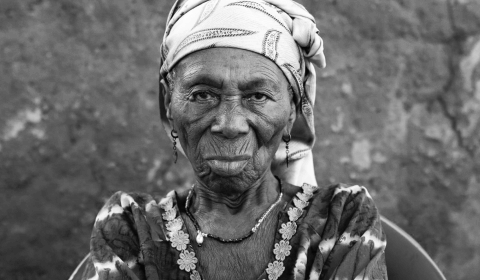The Taliban’s Virtue and Vice law prohibits women from showing their faces and speaking out loud in public.
Picture an ordinary day – singing in the shower, reading aloud at home, or perhaps making brief eye contact with someone of the opposite gender while grocery shopping.
If you were a woman in Afghanistan, these simple acts, under the new morality law, could result in punishment.
Since the Taliban’s takeover of Afghanistan in August 2021, women have been barred from traveling alone, working outside the home, and receiving education beyond 6th grade, making it the only country where women and girls are denied the right to education.
In addition to these restrictions, the Taliban issued their first official morality law last Wednesday, titled ‘The Law on the Promotion of Virtue and the Prevention of Vice.’
In her statement, Ravina Shamdasani, spokesperson for the UN High Commissioner for Human Rights, described the newly adopted law as a decisive act by Afghanistan’s de facto authorities to erase women from public life and deprive them of their autonomy.
Similary, Mir Abdul Wahid Sadat, president of the Afghan Lawyers Association, told The Guardian, ‘This document not only violates Afghanistan’s domestic laws but also broadly contravenes all 30 articles of the Universal Declaration of Human Rights.’
Next time you read a book in the park as a woman, remember it’s now a privilege.
In Afghanistan, you can’t read a book. In public. As a woman.
The Handmaid’s Tale in 2024. https://t.co/XjxmuDIgtY
— Sara Wahedi (@SaraWahedi) August 24, 2024
What does the law aim to achieve?
‘Insh’Allah (God willing), we assure you that this Islamic law will greatly aid in the promotion of virtue and the elimination of vice,’ Ministry spokesman Maulvi Abdul Ghafar Farooq claimed last week.
After receiving approval from Supreme Leader Hibatullah Akhundzada on Wednesday, a 114-page, 35-article morality law was issued, covering aspects of everyday life such as public transportation, dress codes, music, celebrations, and more.
Among the most controversial aspects is Article 13, which specifically targets women and has sparked outrage from international organizations and activists.
The new law regards a woman’s face, body, and even her voice as a source of temptation. As a result, women are prohibited from showing their faces, speaking aloud in public, or directly looking at a man who is not a relative or spouse.
These rules also extend to women’s behavior within their own houses. Even inside, their voices must not be heard from outside.
If a girl or woman ‘violates’ these rules, her punishment will be determined by Taliban officials.
Penalties may include advice, warnings of divine punishment, detention in public jails, or any other punishment deemed appropriate.




















